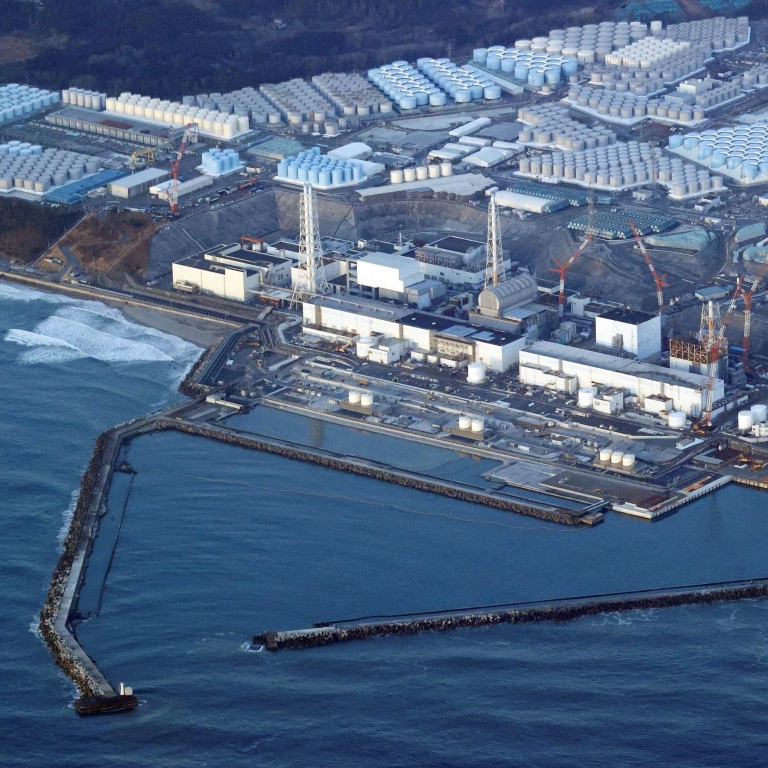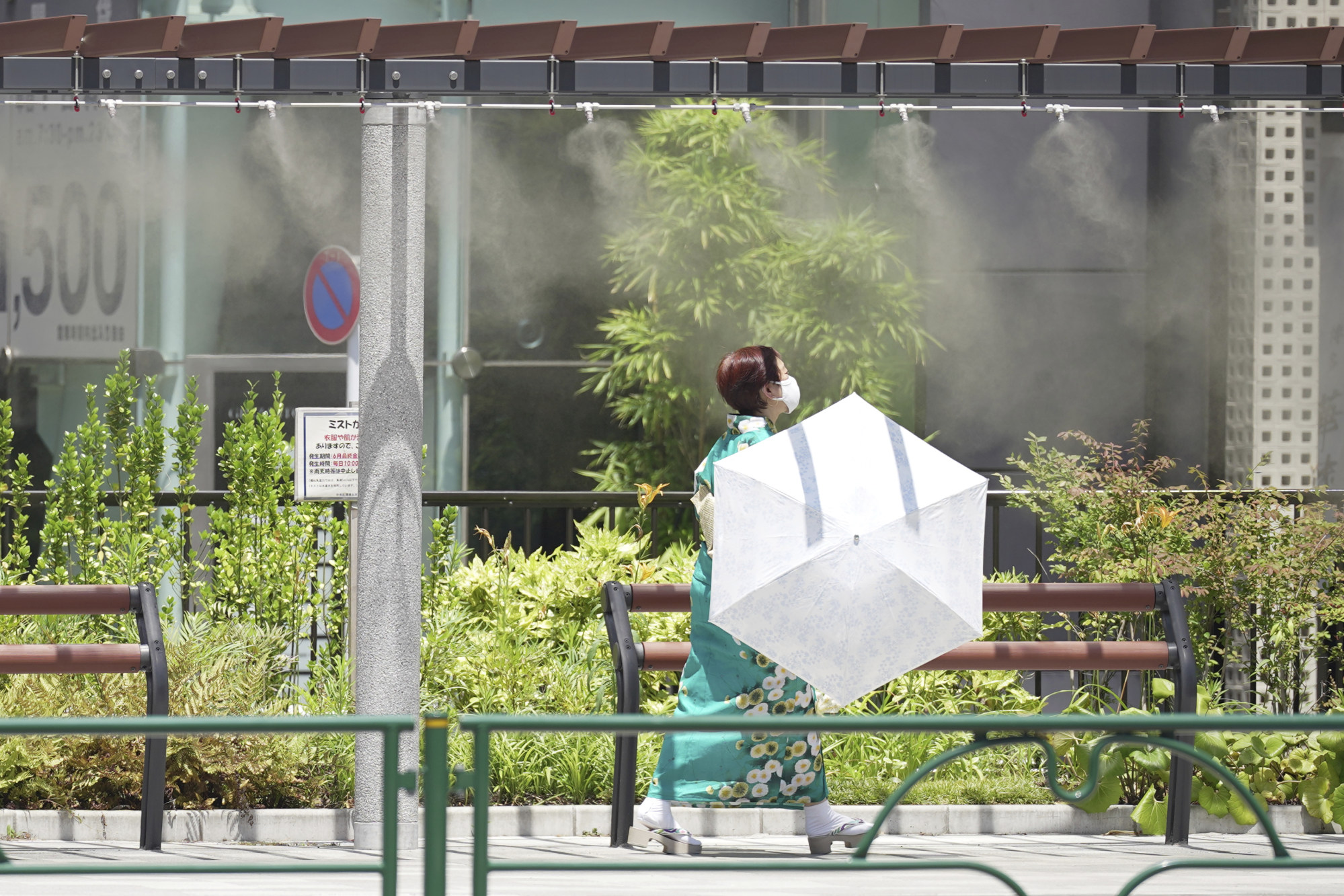
Japan eyes restart of nuclear plants offline since 2011 Fukushima disaster as temperatures soar
- Record high temperatures and a looming power crunch have prompted Japan to speed up reviews of the dozens of nuclear reactors that were shut down after 2011
- Four reactors have already been granted approval to resume operations. Nuclear power used to account for some 30 per cent of Japan’s energy mix
Four nuclear reactors that have already been granted approval to resume operations will be used to the fullest of their capabilities to help ease the energy crisis, Kishida said on Tuesday in the German city of Elmau, where he was attending the Group of Seven summit.
But he also hinted that more nuclear power plants would be brought back online to meet soaring energy demand that is only expected to increase further as the summer continues.
Before the March 2011 earthquake and tsunami destroyed the Fukushima Daiichi nuclear plant, 54 reactors were in operation across Japan, meeting 30 per cent of the nation’s power needs.
The government shut down all nuclear power plants in the wake of the disaster and the country has been forced to revert to importing oil, coal and natural gas to meet its energy needs in the years since.
Kishida said his government “will work steadily to speed up reviews” of new safety measures for the country’s nuclear power plants, with the intention of getting more reactors into operation as soon as possible.
Fukushima, blackouts, and summer heat: the long story of Japan’s energy shortfall
It comes as meteorologists confirmed that this month was Tokyo’s hottest June since records were first compiled in 1875. Every day since Saturday, temperatures in Tokyo have been above 35 degrees Celsius. Thermometers in Isesaki, a city to the northwest of the capital, read 40.2 degrees on Saturday – the hottest temperature ever recorded in Japan in June.
Abnormal weather conditions over Japan and the western Pacific mean that temperatures are going to remain unseasonably high for at least the next two weeks, according to experts.
Inevitably, higher temperatures have translated into higher demand for energy, primarily for air conditioners.
According to the Yomiuri newspaper, peak electricity demand on Monday stood at 52,700 megawatts – easily surpassing the 47,300MW peak recorded in the summer of 2018 and equivalent to the power produced by five of Japan’s nuclear reactors.

Given the pressures on the grid, the government has called on households and businesses in and around Tokyo to limit their consumption of energy, urging users to turn off all appliances that are not required, particularly between the peak hours of 3pm and 6pm, and to make “appropriate” use of air conditioners.
But Kishida on Tuesday stressed the need to balance conservation with people’s well-being. “Heatstroke is a concern. I do not want people to take energy conservation too far,” he said. “They should use air conditioners wisely to get over this.”
Japan’s Disaster Management Agency said 4,551 people suffering from heatstroke had been admitted to hospitals in the month to Tuesday – a record figure for June. Most were aged 65 or older and four subsequently died, it said.
I don’t remember it ever being this hot so early in the summer
Emi Izawa, a student at a university in Tokyo, said she has been in convenience stores “where the lights were down low and the air conditioning was barely on because everyone is trying to save energy”.
“I don’t remember it ever being this hot so early in the summer before and it is worrying that they are already asking everyone to use less power,” she said. “I actually don’t mind the heat too much, although I do find it uncomfortable trying to sleep at night.
“But if this does go on for months, then I guess there are no options other than blackouts or turning at least some of the nuclear plants back on.”
Economy, Trade and Industry Minister Koichi Haguida told reporters on Tuesday after a cabinet meeting that it was “important” to bring more nuclear reactors back online to ensure the nation’s energy needs were met.
Japan’s return to nuclear power faces test as Kishida visits Fukushima
Two fossil fuel-fired thermal power plants that were shut down for maintenance and safety inspections following an earthquake in March are set to start operations again soon, which may offer some relief.
But Japan is rapidly approaching its electricity reserve ratio of 3 per cent – below which government contingency plans would kick in calling for the implementation of rolling blackouts as and when required.
Concerns have also been raised about the additional stress that demand for heating will put on Japan’s energy supplies if more nuclear reactors are not brought online before the onset of winter.


